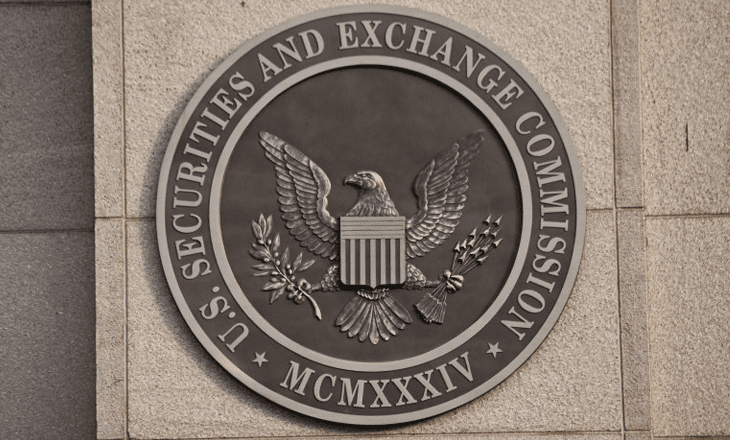Occasionally government officials can surprise us common folks with their detailed understanding of a specific topic requiring a new legislative outlook. The crypto community has been especially on guard with respect to the actions of the Securities and Exchange Commission (SEC) after its continued clampdowns on Initial Coin Offerings (ICOs) and its refusal to grant an approval for a Bitcoin ETF application. In an effort to become better informed, the SEC held a forum last week and asked crypto advocates to participate in a host of panel discussions. Crypto attendees came away from these various meetings believing SEC staffers know a lot more than thought.
Joshua Ashley Klayman, managing member of Klayman LLC, a boutique law firm, noted that: “Clearly they have been listening to what those in the community – and their counsel – have been saying to them and they’ve put a lot of effort into understanding this space. They were very seemingly comfortable with some of the more technical aspects and the terminology, including atomic swaps. It was a much higher-level discussion than the basics of blockchain.”
One specific overriding challenge for all regulatory agencies is how do you educate your staff to understand the ins and outs of a business that they must review for risk compliance purposes or whether the operations fall within the parameters of accepted rules and regulations. The next challenge becomes retaining these trained employees because the demand for their new talent is greater in the free market than what the agency can ever hope to expend to keep them on board.
Typically, staffers learn by participating in audits of regulated firms, but very few of the various components of the crypto business, i.e., exchanges, miners, ICOs, and support companies, are regulated, other than, perhaps, according to money transmitter laws. At some point this situation will change, but in the meantime, the SEC and other like entities have chosen to either hire competent and experienced individuals from the Crypto-verse or go the forum route to address information needs directly from the source.
The focus of discussions seems to be more oriented toward market mechanics and where risk handoffs take place during transactions on the blockchain. For example, Elizabeth Baird, deputy director of the Division of Trading and Markets, wanted to know if “atomic swaps” reduced risk during an exchange or transfer. Per one source: “These are cutting-edge transactions in which the parties exchange one cryptocurrency for another without an intermediary, and neither leg of trade is complete until both are”.
SEC folks also wanted to know more about the technical details related to smart contracts, consensus mechanisms, nodes, airdrops, and forks, but what was more interesting was what was never really brought up for discussion. Price manipulation has always been cited as a reason why a BTC ETF approval has not been forthcoming, but the topic and the “surveillance infrastructure that can address it” were never touched upon. Chen Arad, chief marketing officer of Solidus Labs and an attendee at the forum, expected more from the forum: “It’s a major concern, in particular as more and more of our clients are eyeing institutional investors and their funds.”
Valerie Szczepanik, the SEC’s senior advisor for digital assets, casually mentioned it in her closing remarks: “Dalia Blass and the Division [of Investment Management] put out a comprehensive letter, two letters actually, asking for input on things like custody, manipulation, liquidity, valuation, redemption, … all those things are things we invite your input in.”
Attorney Stephen Rutenberg, a shareholder at Polsinelli and a member of the firm’s Fintech and Regulation Practice, agreed that the SEC knew blockchain, but he felt ICOs might get a break: “The biggest news of the forum from the SEC is that they appear willing to entertain granting no action letters to ICOs that are no longer selling tokens. However, if one was expecting the SEC to make firm commitments or provide more definitive guidance they would likely have come away disappointed from the forum.”
